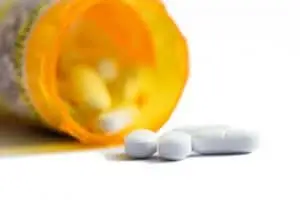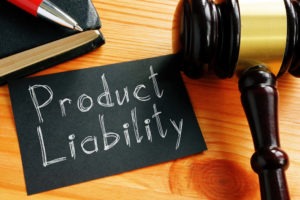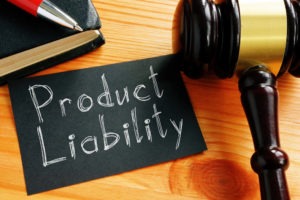
The Food and Drug Administration (FDA) is recalling Irbesartan, a blood pressure medication, due to a cancer risk. The FDA says the medication contains an ingredient that poses a cancer risk.
When testing the drug, the FDA found an organic chemical called, N-nitrosodiethylamine (NDEA). The chemical is classified as a probable human carcinogen which is used to make liquid rocket fuel and is also a byproduct of fish processing. It is also used in the manufacturing of certain pesticides.
The recalled Irbesartan pills were manufactured by ScieGen Pharmaceuticals Inc. in 75 mg, 150 mg and 300 mg doses. They were packaged in 30 and 90 count bottles, labeled as Westminster Pharmaceuticals and Golden State Medical Supply.
The FDA urges consumers to consult their doctor before they stop taking the recalled medication. Stopping the medication without a substitute, could have greater risks.
To see if your Irbesartan blood pressure medication has been recalled, visit the FDA’s recall page.
Previously, the FDA had recalled Valsartan which is an angiotensin II receptor blocker, typically prescribed to patients with hypertension. Learn more about the blood pressure medication recall.
Recovering compensation after an injury from a defective product
40+ years of experience from strong, knowledgeable, compassionate attorneys.
Start A Free EvaluationIt is a manufacturer’s responsibility to make sure their products are safe for consumers. If someone is injured due to a defective product, a product liability claim may exist. A claim may be pursued to pay for damages caused by the defective product such as medical bills, missed time from work and pain and suffering.
If you or someone you know has been seriously injured by a defective product, it is important to contact a personal injury attorney to review your rights. Call 412-661-1400 to schedule a free consultation with a personal injury lawyer in Pittsburgh at Berger and Green today.
Source: Fortune.com, “Another Popular Blood Pressure Drug Has Been Recalled by the FDA Over Potential Cancer Risk”






